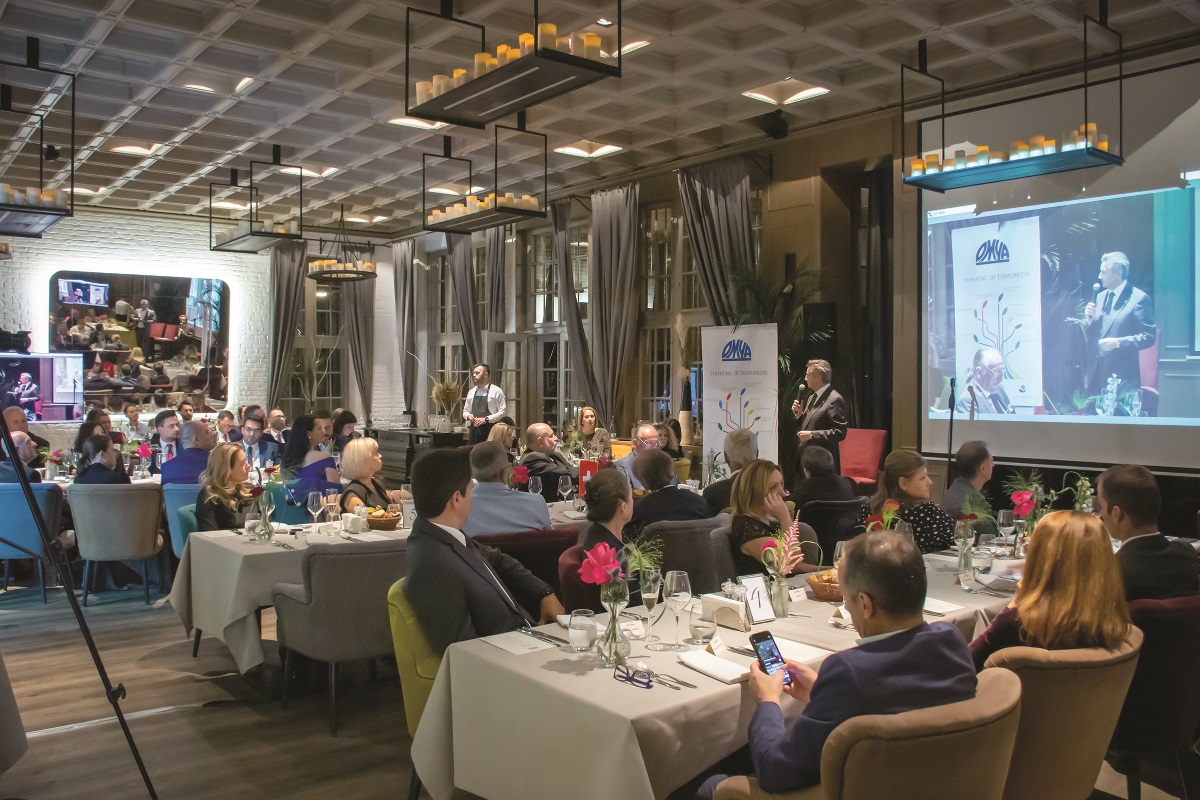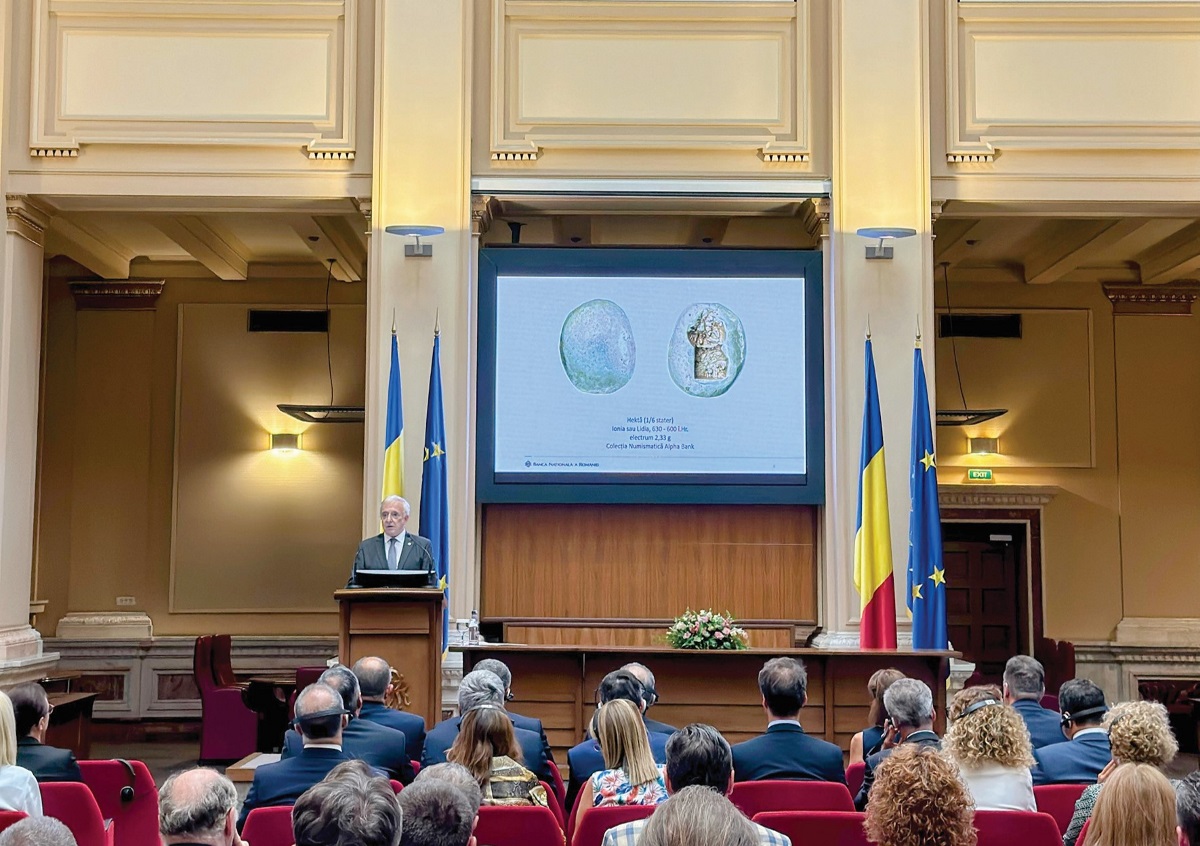
People disengaged at work – a big challenge for leadership and … society
Foto: VectorMine / depositphotos.com
Most of us have heard about the new buzzword “the great resignation” coming over from America. It describes a mass movement of employees resigning from their job in America shortly after COVID ended. People unhappy at work is nothing really new. Gallup, an institute measuring job satisfaction around the world reports every year on how many people are engaged or disengaged at work. In the 2022 results, it appears that there is only a small group of employees, 21% to be exact, who are truly engaged in their jobs. Most of the workforce is only doing what it needs to do or is completely disengaged; these proportions haven’t changed much over the last 20 years or so.
Why is that so? I think, first of all, most of us are not really aware about what we really want at work. We enter a system of conditioning, run behind career dreams or ideas of power, or simply adopt a minimalistic view: I need to earn money to have a decent life. Apparently, it is not that easy to find our dream job, in fact I would argue that many people don’t even know what that means. In this context, consider the fact that only a small minority of people can be called fulfilled at work. Abraham Maslow, who developed the pyramid of needs in the early 20th century, gave an estimate of roughly 3% of us having attained the highest level of self-fulfillment. If you are acting on your calling, you do not need to be motivated, it comes automatically. But what about the remaining majority? What can leaders do here to motivate?
Firstly, after seeing different countries and their educational systems, I found that we are all not good at guiding our youth to really find their ideal place in the world. For years we thought that studying at university is the right thing to do. We have terribly neglected manual work, basic social services, they do not have the place and appreciation they deserve in society. We are lacking basic respect for all sorts of “low image” work and that’s why everyone is running for upscale diplomas. No wonder that we have frustration at work, not everyone is suited for the job they are doing; often times I think people would fit much better elsewhere than in management, where they do not need university diplomas.
Lack of orientation persists at work and that is where leaders come in. They have an enormous impact on guiding, mentoring or even correcting career paths, if necessary. We need mature sparring partners who have this ability to be a point of reference. For this we need the right leaders, who act with more empathy. I have often seen how impactful a very good leader can be on their company if they know how to harmonize ambitious objectives with soft skills. I hear the word Caring more and more in companies, something that has been forgotten for years.
Thirdly, we are faced more than ever with the necessity to find sense at work. What is the purpose of our company, how do we want to serve the community? These questions become more and more recurring these days. Especially when motivation is low and the feeling of being lost in the machinery of work determined by purely quantitative KPI’s prevails, people need to be connected to something higher or bigger. I think a serious reflection on purpose is not some kind of straw fire to make people happy and keep going down the old path. It involves really getting down to the roots of your business. Analyze, explore, together with your team, what the treasure of purpose is. It may also be a certain way of doing business, the culture you have created, an atmosphere that is unique around you. If you really spend quality time to investigate this, your employees will be grateful. In the end, work is a collective activity that we humans need, it seems to be in our DNA. In every group where there are good vibes, it is motivating to stay, even if my personal work is not so rewarding after all.
Leaders are called to be much more committed to their people than before. Society can do its part through education and various other initiatives to create a new awareness in which all professional activities are valued, not just the well-paid ones. Have you ever seen the face of a cleaning lady after you have addressed her, showing interest in her work? It will elevate her spirits for a month. Yes, every kind of work is useful in some way; start noticing it and pay tribute to the person who does it. In the end, it is about dignity that everyone in our society deserves, regardless of status.
Dr. Michael Schroeder
Share
Share















